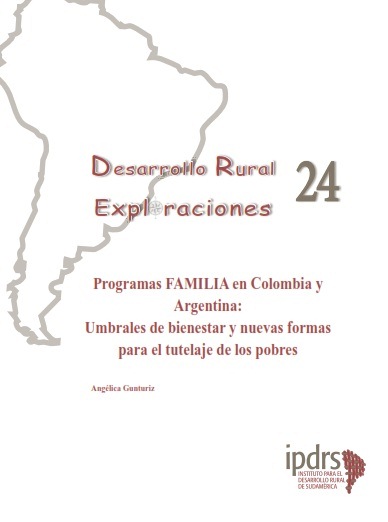Expropriation Bill [B4-2015]: public hearings with Deputy Minister in attendance Day 2
Agri SA supported orderly land reform – equitable land distribution is a prerequisite for rural stability and inclusive rural development. Agri-SA believed that expropriation should only be used as a last resort where negotiations fail. There needed to be a clear purpose for expropriation. Compensation should never be dependent on the state’s ability to pay. The land owner should always be afforded recourse to the courts to contest both the merits of the expropriation and the compensation amount.




